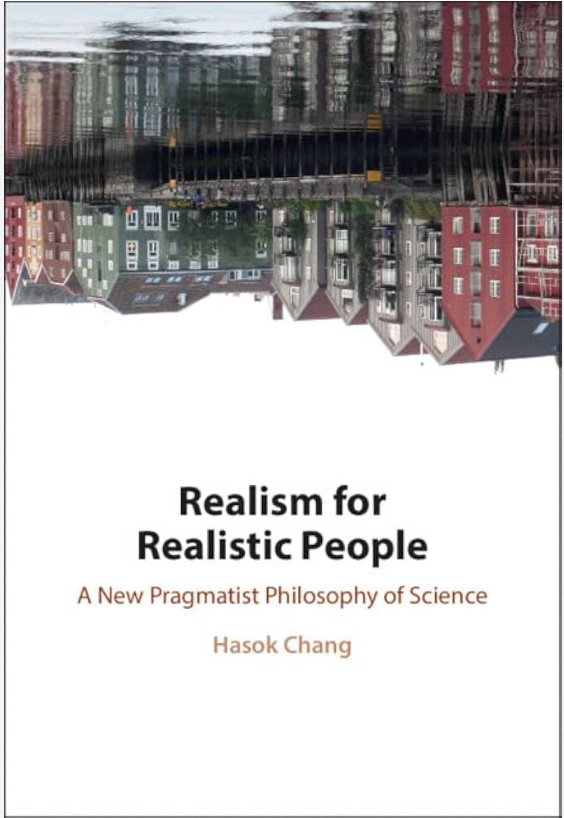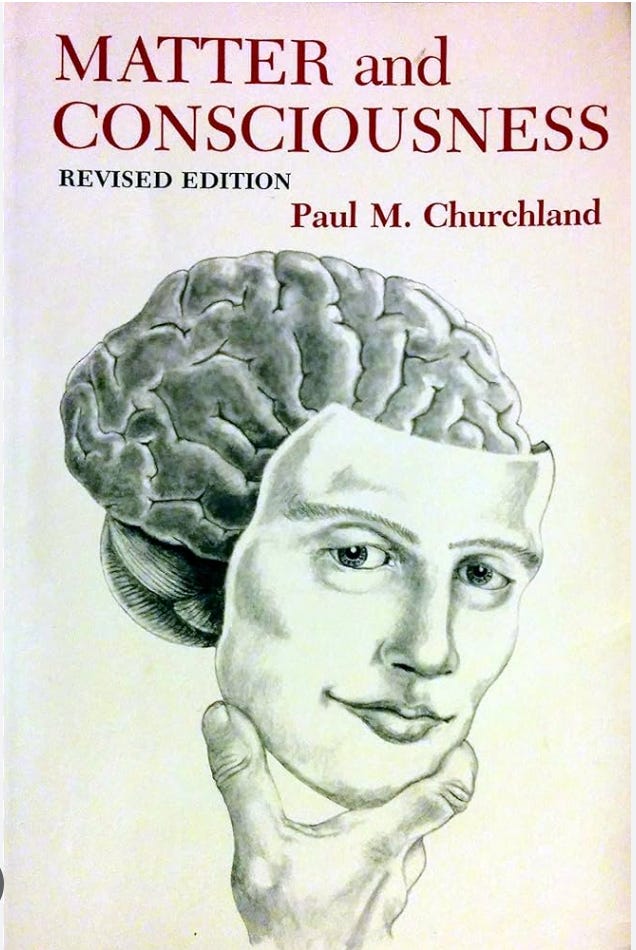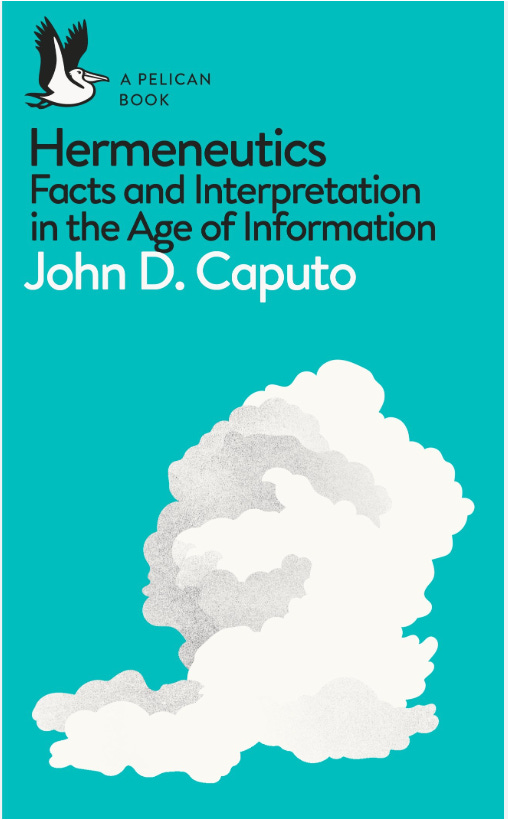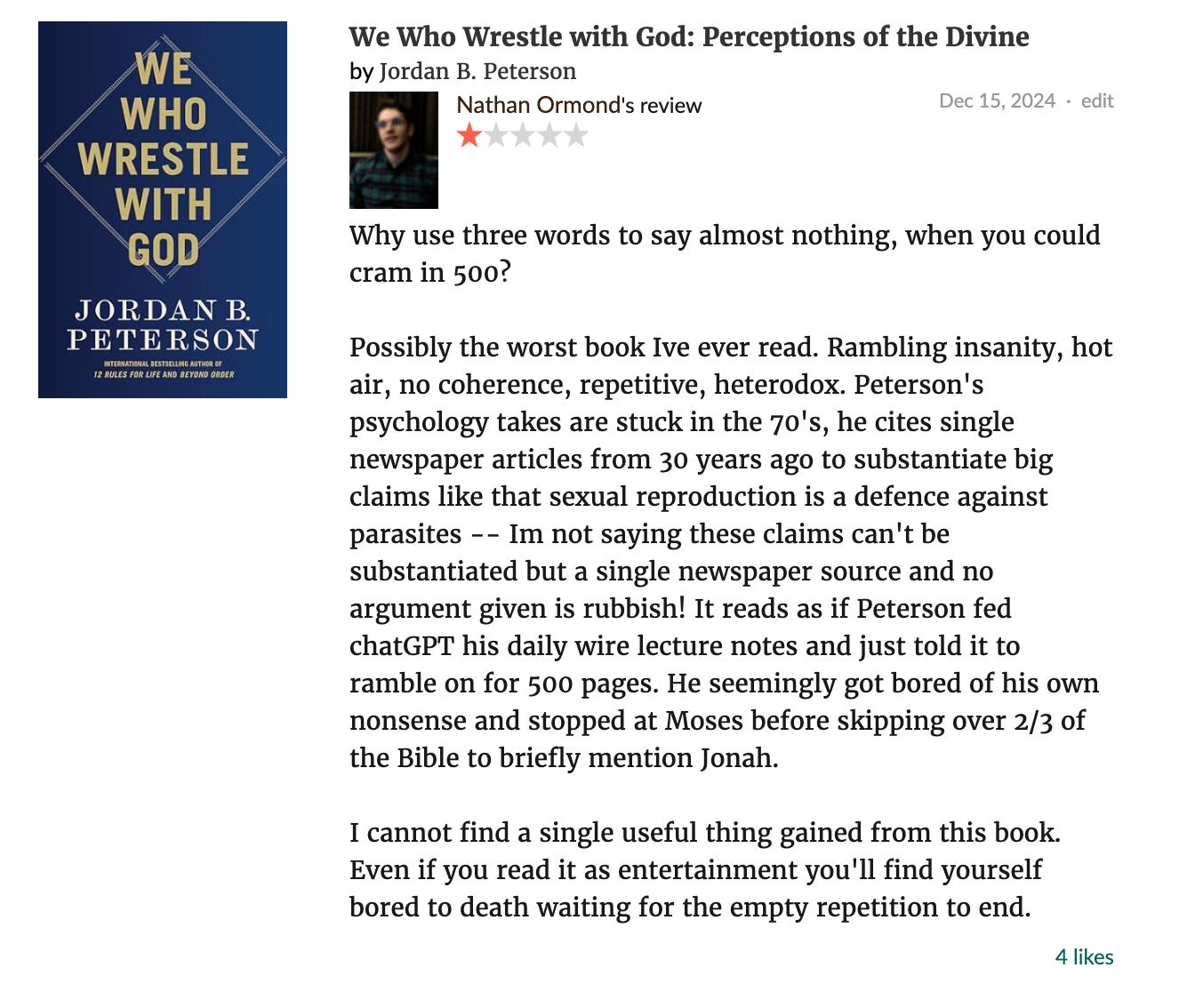My Top 10 Books of 2024
Philosophy, Science, Computer Science, Mathematics and Interesting Things...
If you’re goal setting for the New Year, and want to do a better job studying or working on your reading habits in 2025 you might be interested in some book recommendations to help you get started. If that’s you, here are my Top 10 Books I read in 2024.
1. Realism for Realistic People, Hasok Chang
Philosophy of Science is often introduced to newbies as being motivated by a debate between ‘Realism’ and ‘Anti-Realism’ — this ‘Realism / Antirealism divide is further presented as being the fulcrum point of dispute in most Philosophical debates (maths, metaethics, universals etc.) In this book, Hasok Chang brilliantly deconstructs this binary, introducing a humane and ‘realistic’ paradigm, synthesising contemporary views in philosophy of language, agency and epistemology, which splits the horns of the ‘Realism’ / ‘Anti-Realism’ paradigm and, I believe, provides some fruitful insights which have impact on many facets of philosophy.
This book has been very influential on my own views. It also contains some great anecdotes from the history of science, as well as some of the strongest criticisms of “correspondence” theories of truth and the various issues they have.
As a bonus, there’s also a 6 hour long lecture with even more content from this book here:
2. Cambridge Pragmatism: From Peirce and James to Ramsay and Wittgenstein, Cheryl Misak
As you can see, Hasok Chang has me all riled up for Pragmatism. Lots of people in traditional analytic philosophy ignore Pragmatism or treat it like an ugly duckling. After all, if the true is just the expedient then how can you account for beliefs that are instrumentally useful, but false!
Well, needless to say, some of the greatest minds in North America and England at the origins of the Pragmatist movement had something to say about that. This book provides an overview of the American Pragmatists, their lives and major works, the intellectual themes of their times, and then discusses how their views shaped the origins of analytic philosophy — and even how some of the hardest analytic-pilled Realist minds, such as Bertrand Russell, came to be sympathetic to the view. This book is a great introduction to the works of Frank Ramsay and a Pragmatist interpretation (which I take to be most plausible) of Wittgenstein’s later works. Highly recommended.
3. Weaving the Web, Tim Berners Lee
This book covers the origins and workings of the World Wide Web and it’s architecture. Steeped in history, it also includes some interesting and forgotten pieces of information about the aims and hopes of the Web’s original builders/designers which is all very interesting with >24 years of hindsight!
4. Empire of Normality, Robert Chapman
This is a book about Neurodiversity, Psychology/Psychiatry and Philosophy of Science. It discusses the origins of the mental-illenss as disease paradigm, the adoption of statistical metaphors like “normal” (mean) with additional moral valence to our practice of medicine for mind-related difficulties. The book also offers a useful deconstruction of the way that our social and political values are expressed through institutions and rules related to medical practice and the pathologisation of certain mind-related phenomena.
The author argues that our contemporary overly-restrictive obsession with consumerist capitalism and Bullshit jobs exacerbates the difficulties associated with neurodivergence and offers a paradigm for better understanding neurodivergence and building a society which enables the neurodiverse to flourish.
5. Matter and Consciousness, Paul Churchland
This book is an OG. Whilst some of what it says is outdated, some of the discussions (such as that on propositional eliminativism) are incredibly creative and insightful and yet unfortunately neglected in Philosophy of Mind discourse with its obsession on pointless intuitions for some-thing called Consciousness.
It also contains some interesting introductory notes into Neurophilosophy, it’s fair to say a now (mostly) abandoned paradigm, but one that contains some useful suggestions that contemporary Neuroscientists, Cognitive Scientists and Psychologists would do well to synthesise into their views.
Additionally, contains a cool explanation of Stochastic Gradient Descent, which as we all now know post-Chat-GPT is an incredibly powerful tool.
6. Basic Linear Algebra: An Introduction with an Intuitive Approach, Duc Tran
I’ve always struggled with Linear Algebra. I needed to recap some of the main parts for some projects I was working on. This book does exactly what it says on the tin, clear, detailed explanations of the fundamentals with good problems sets.
I haven’t really been impressed with the explanations in other Linear Algebra textbooks I’ve come across, but in this case I was.
7. Hermeneutics: Facts and Interpretation in the Age of Information, John Caputo
Postmodern Neomarxists are turning your kids trans! John Caputo walks through the main contours of all those weird, verbose French and German philosophers whose works you don’t want to engage with because (1) they were all Nazi’s or pedophiles, or worse, French… (2) have you tried reading a single sentence of their jibberish?
Nevertheless, Caputo finds some interesting stop-off points in (lets face it) the quagmire of shit that is most Continental philosophers writing. The points about hermeneutic theory raise interesting observations for those interested in tasks like ancient text translation. There are also many, practical, questions of interpretation which have import for problems in Philosophy of Language and Epistemology. I think that even ML researchers interested in things like interpretability could get something out of this.
Finally, the book offers one of the best syntheses of Postmodern Philosophy and genuine religious faith that I’ve read. So stop smoking whatever Peterson is selling and get on to this work from someone who has done the hard work and has something valuable to say.
8. The Rise of Postmodern Conservatism,
Matt McManus explains clearly the historic origins and theoretical commitments of the bizarre pastiche of worldview commitments we find in populist-right-wing movements across the globe in our contemporary political landscape. Particularly interesting if you want to understand the Political Philosophy behind movements like Brexit and MAGA — especially salient for odd figures like J.D.Vance.
If you are interested in a summary of some of the main points, you can check out my interview with the author here:
9. Human Reasoning, David Over & Jonathan Evans
What Thinking Fast and Slow should have been, but also updated post-replication-crisis, more succinct and more informed. In fairness I do like the Kahneman & Tversky book but its science is outdated, many of the effects it discusses like “ego-depletion” do not replicate or are the products of poor methodology. This book summarises some of the best contemporary research around human reasoning and biases and synthesises the main knowledge-gaps for research.
The fact that sticks with me the most that gets discussed in the book is that whilst many cognitive biases correlate to some significant degree with IQ (which we can loosely and problematically take to be intelligence), my-side bias (which is “when people evaluate evidence, generate evidence, and test hypotheses in a manner biased toward their own prior opinions and attitudes”1) does not. The authors discuss the latest evidence around this and strategies to overcome it.
10. Wonderstruck,
I have been saddened to hear of Helen De Cruz’s health battles this past year and hope that her treatment goes well. Helen is a really good Philosopher who has done some really interesting and influential work, particularly with regard to religion that has been very impactful in my thinking.
In this book — which is aimed at all levels, I would say even accessible for teenagers and children — Helen explores the under-appreciated role of ‘wonder’ in our intellectual lives, explores the way that wonder shaped historical thinkers inquiries and tries to inspire us to be moved and shaped by wonder in our own lives.
If you’re into Philosophy, you might find that this books is a nice distraction on your reading list from some of the denser nonsense there is out there, and something that may actually personally impact you toward reflection and modified behaviour; I can certainly say it has for me!
BONUS: Notable Books I DO NOT Recommend:
The New Leviathans, John Gray
I just found this book very light on content. It seemed like a few substack essays on current events sort of glued together with some hot takes about current events. As such, I didn’t get much out of the book. The author also talks a lot about “the cultural impact of Christianity” in a really amorphous way and doesn’t pay any attention to criticisms of this kind of apologetic.We Who Wrestle with God, Jordan Peterson
Here is my Goodnotes review:
Full 6 hour review of the book here:
Doppleganger, Naomi Klein
A very long book but I just don’t think it really gets into the details of the causes of polarisation in politics. This might be because the author is a journalist rather than a social scientist or something but I just found that I didn’t really get anything from it and I’m not sure what I think about the authors hypothesising because they’re all established from the armchair without any testing or theory comparison.
Radical Candor, Kim Scott
There was some decent advice in this book, however, it basically boils down to “tell the truth in an appropriate way, that has certain career advantages”. Sometimes feels a little bit culty and could have been a blog post rather than a whole book. I also feel like some of the advice in this book could just make someone insufferable to work with and incapable of having authentic interactions because they’re trying to be “radically candid” and fit into an overly simplified box of human interaction.
So that’s it for my 2024 Top 10 books. I will do another list next year. Hopefully there’s something in here of interest for you. If so, let me know with a comment.
Happy Christmas — enjoy the rest!
Feel free to add me on Goodreads to see what else I’ve read and reviewed: Goodreads
Stanovich, K. E., West, R. F., & Toplak, M. E. (2013). Myside bias, rational thinking, and intelligence. Current Directions in Psychological Science, 22(4), 259–264. https://doi.org/10.1177/0963721413480174













I disagree that neurophilosophy got abandoned. What happened instead is that it became invisible mostly because it got normalized but also because the Churchlands retired and the dorky term “neurophilosophy” got retired with them. But look at Anne Sophie Barwich, Richard Brown, Jorge Morales, Mathias Michel, Gualtiero Piccini, Michael Anderson, to name just a few. All very active at the intersection of neuro and phil, and doing what Pat and Paul said we ought to be doing.
I'm hoping to read that book by Chang next year. While I think his positive take on philosophy and scientific inquiry is very interesting, I thought his criticisms in other work of correspondence theories were rather weak. Perhaps they will be more persuasive in the context of a book-length discussion.